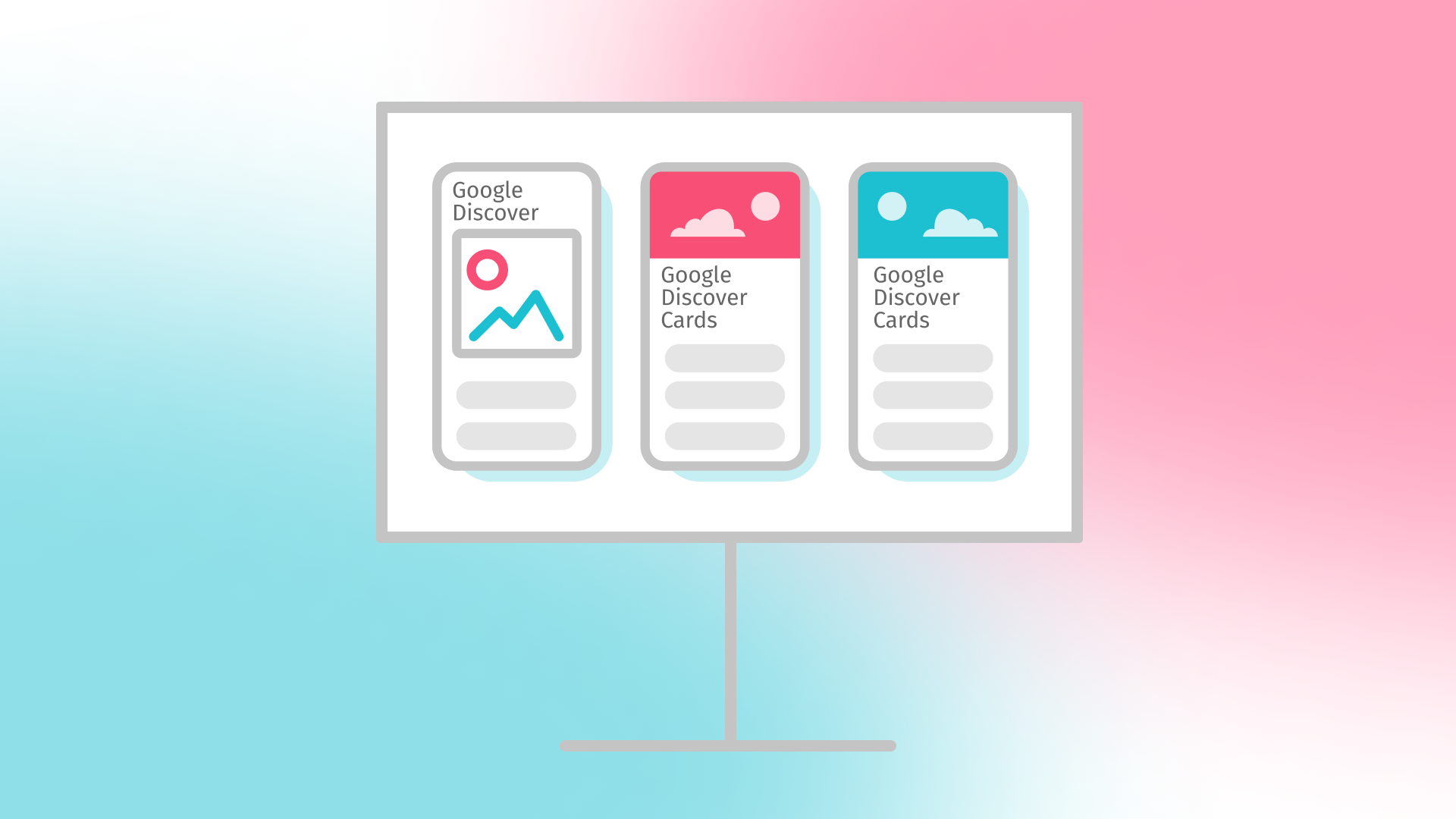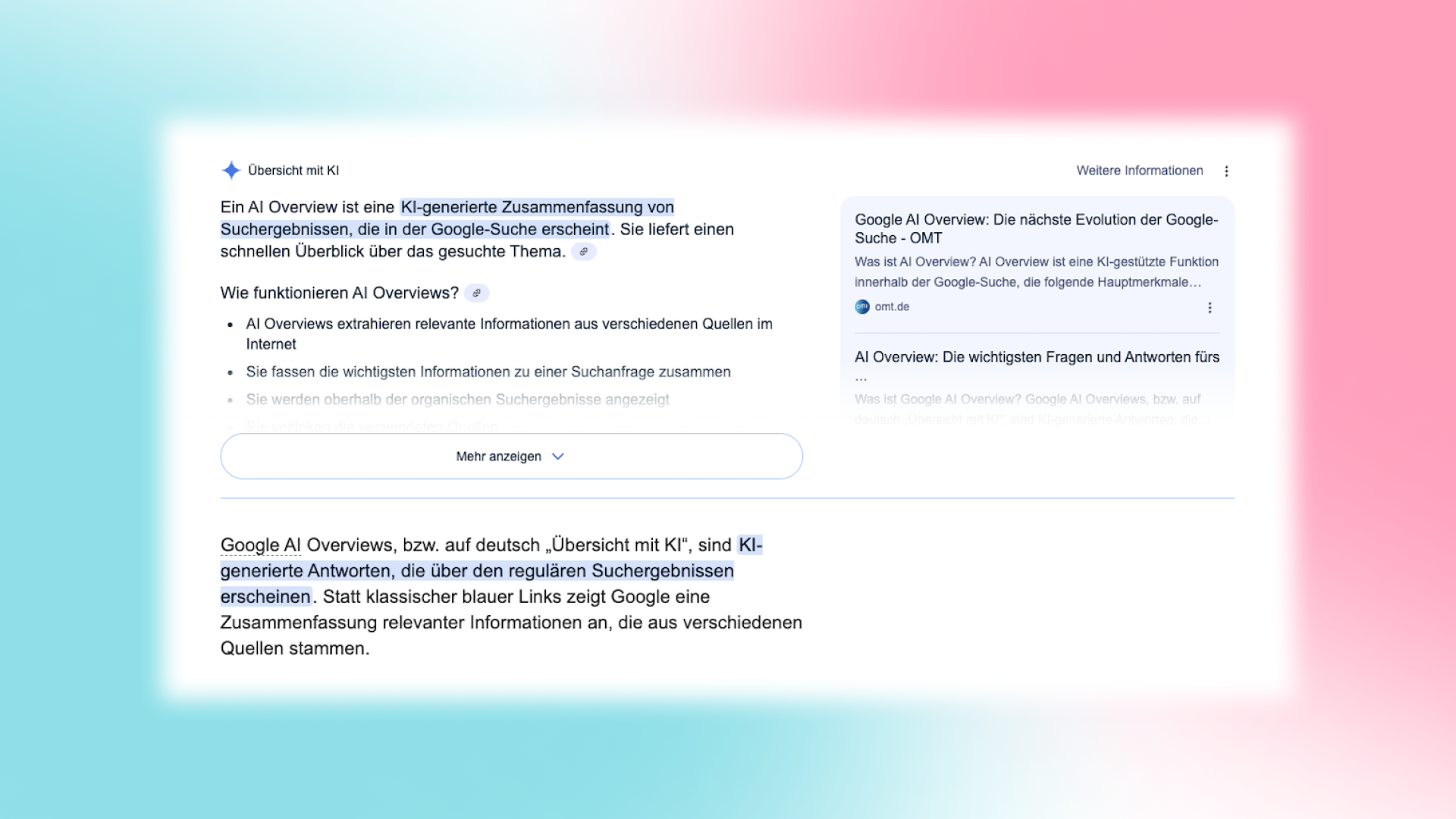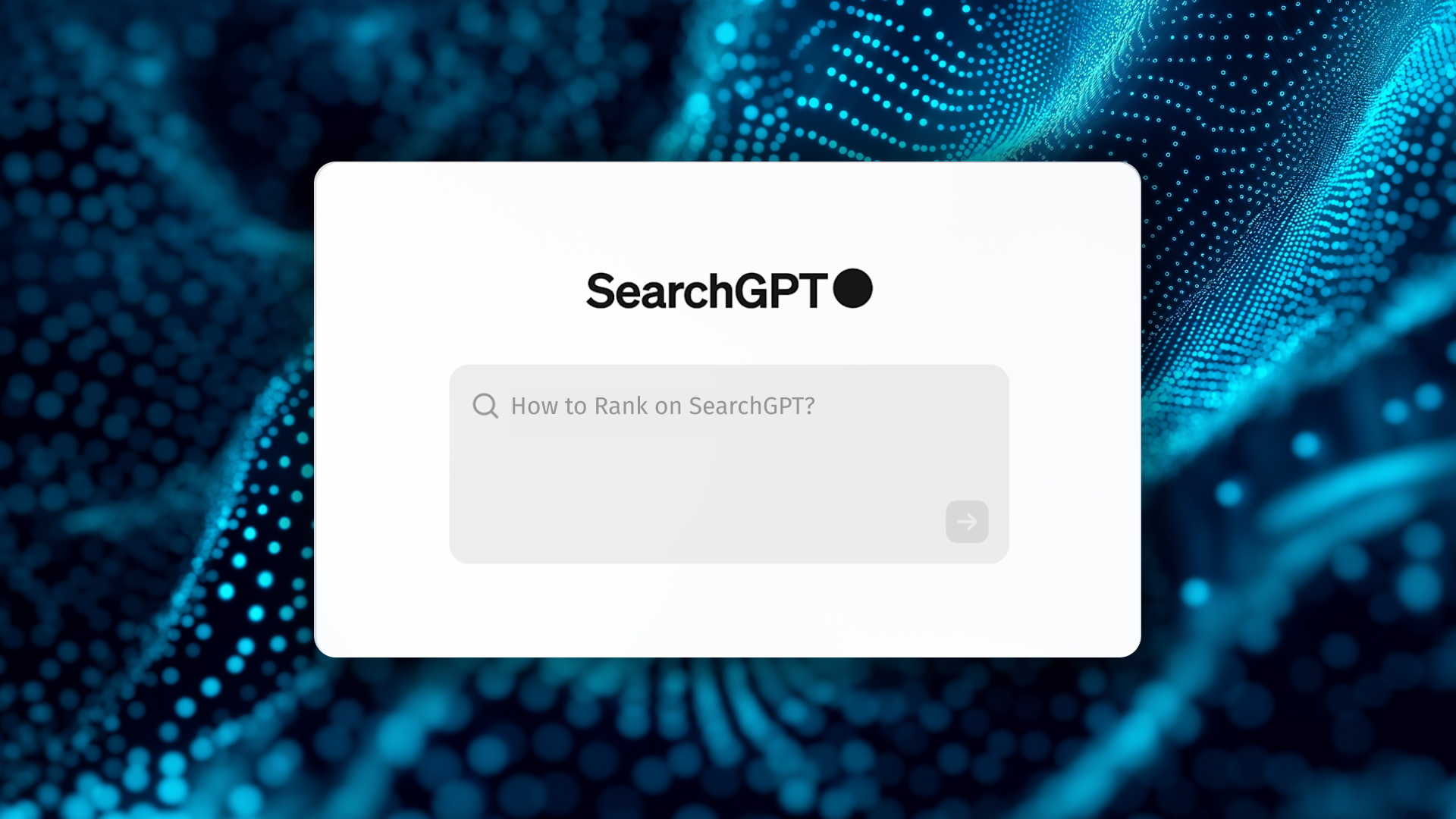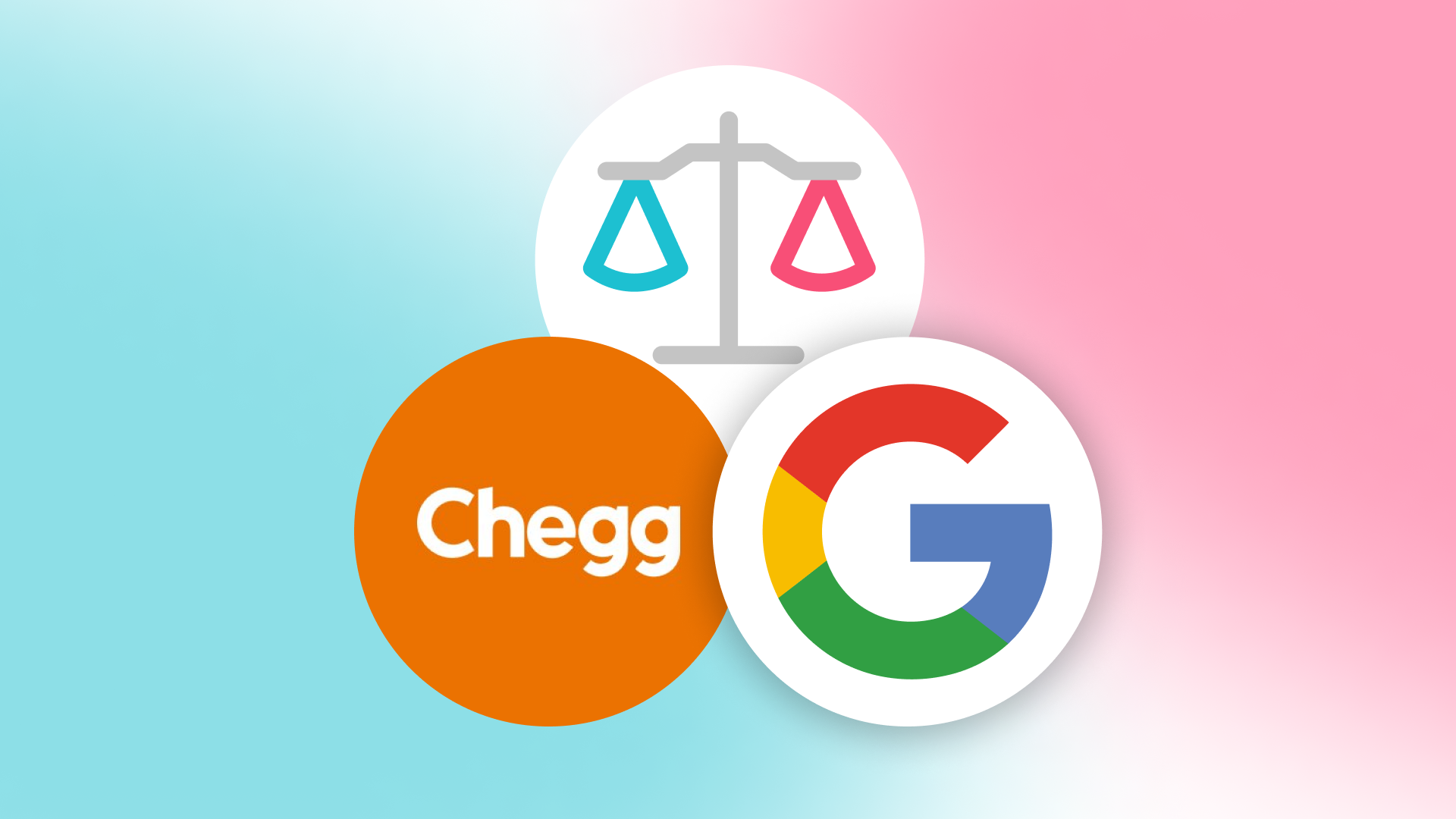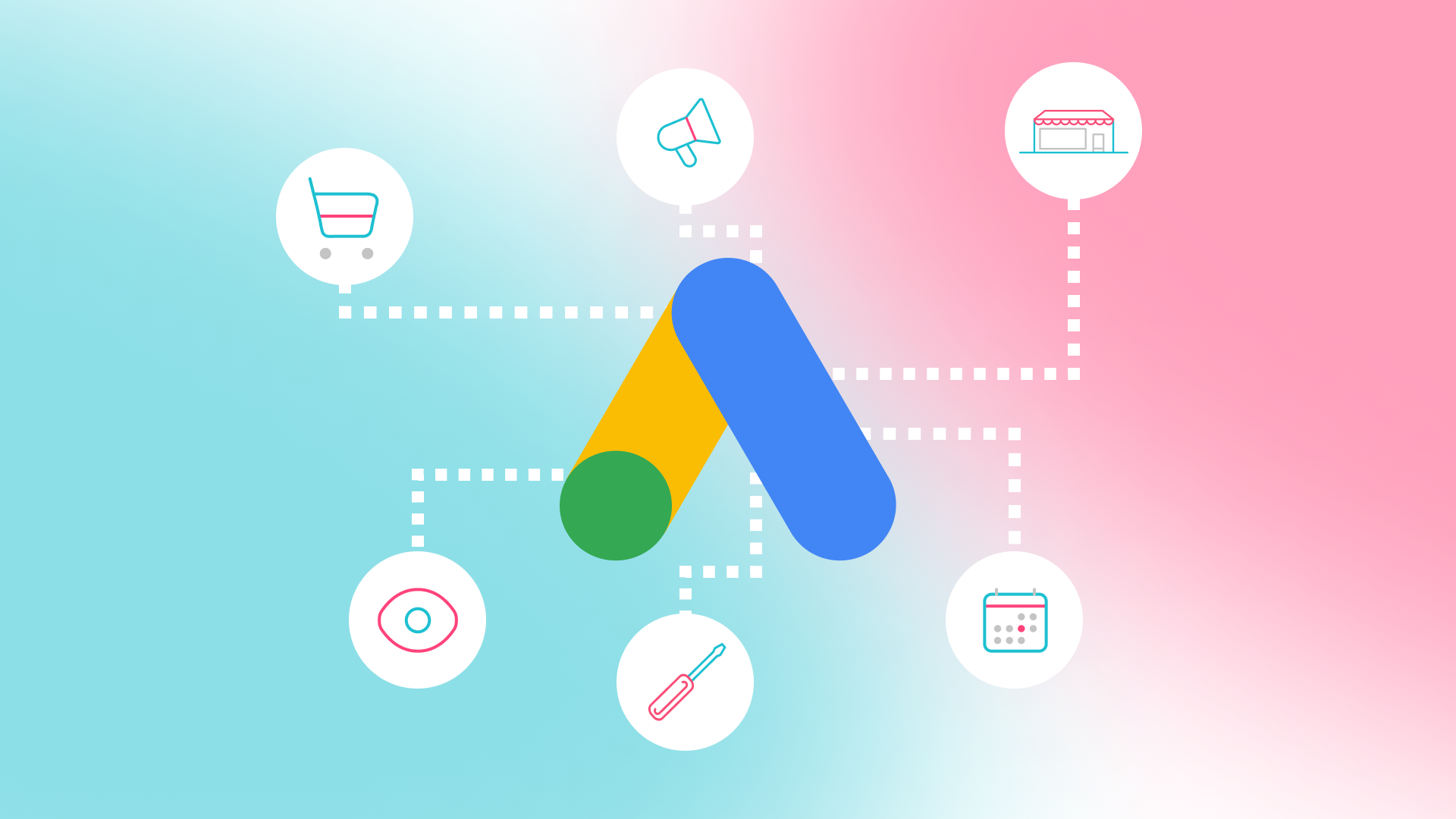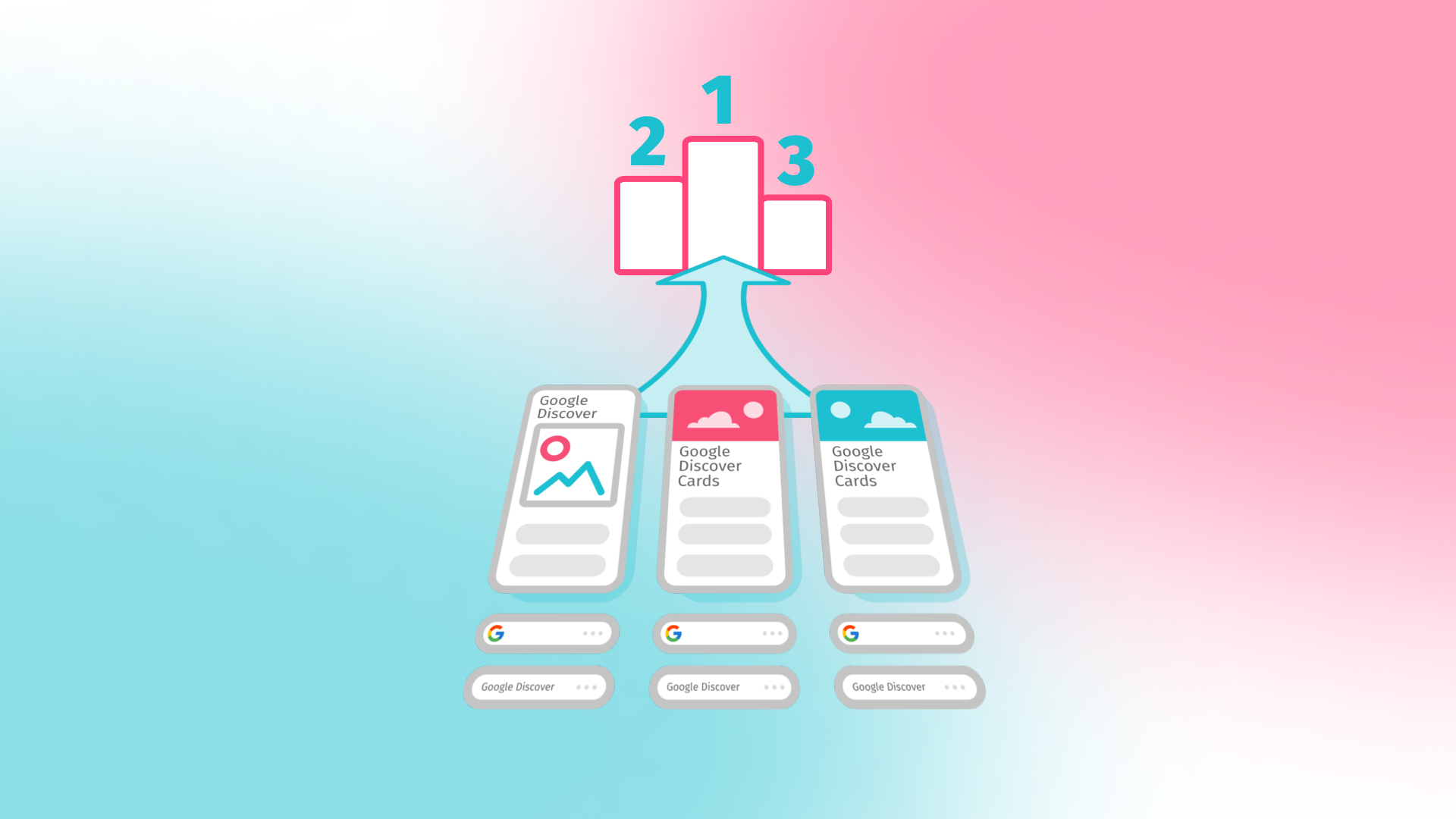The listed EdTech company Chegg is suing Google. The allegation: Google's new AI overviews have significantly reduced traffic to Chegg's website and thus negatively impacted the company's sales. Chegg is accusing Google of unfair practices with its AI overviews, also known as AIO (AI Overviews), which are harming the company.
What Exactly Happened?
Chegg has been struggling with a dramatic drop in traffic since the introduction of Google's AI Overviews. According to Chegg, Google is preventing users from getting to Chegg's website by displaying AI overviews directly in Google search results. These overviews provide short, AI-generated answers to common search queries, using content from third-party providers such as Chegg, without directing users to the original sources. This keeps the traffic on the Google platform, which significantly harms Chegg.
The Allegations in Detail
Chegg filed the lawsuit against Google and its parent company Alphabet in the U.S. District Court in the District of Columbia, making the following allegations:
Compulsion to provide content: Google is forcing companies like Chegg to include their content in Google search results in order to remain visible. Without this content, Chegg would no longer appear in the search results.
Abuse of monopoly: Google is accused of exploiting its monopoly position in the internet search sector and using unfair competitive practices to force companies like Chegg out of the market.
Unjust enrichment: Another point of the complaint is the unjust enrichment of Google, as the company profits from Chegg's content without paying for it.
In its statement, Chegg explains: “As we pointed out in our lawsuit, AIO has transformed Google from a ‘search engine’ to an ‘answer engine’ that displays AI-generated content sourced from third-party sites like Chegg. AIO's extension forces traffic to stay on Google, eliminating the need to visit third-party sites.”
Chegg emphasizes that the impact of AIO on the company's traffic and revenue is significant. For example, traffic from non-subscribers to the Chegg website fell by 49% in January 2025 - a dramatic drop compared to a loss of 8% in the second quarter of 2024.
Economic Consequences for Chegg
The financial impact is clearly noticeable for Chegg. The company reported a net loss of 6.1 million dollars for the fourth quarter of 2024 on a turnover of 143.5 million dollars - a decrease of 24% compared to the previous year. The forecasts for the first quarter of 2025 are also below expectations. The crisis is also making itself felt on the stock market: Chegg's enterprise value has fallen to below 200 million dollars, with its shares trading at only around 1 dollar. In view of these developments, Chegg is examining various strategic options, including a possible takeover.
Google Defends its AI Overviews
Google rejects the accusations and emphasizes the advantages of AI Overviews. Company spokesperson Jose Castaneda explained that the new function makes Google search even more helpful for users and leads to it being used more frequently. This creates new opportunities for content discovery. He also emphasized that Google directs billions of clicks to websites across the web every day and that AIO would distribute traffic to a wider variety of sites.
What does this lawsuit mean for the future?
Chegg again emphasizes the necessity of the lawsuit: “In summary, our lawsuit challenges Google's unfair competition, which is unjust, harmful and unsustainable. Even though these proceedings are just beginning, we believe that filing this lawsuit is both necessary and well founded.”
Chegg's lawsuit could have far-reaching consequences for the digital market, as it represents one of the first major legal battles surrounding Google's AI technologies. A successful outcome could force Google to adjust its AI overviews and distribute traffic more fairly. The key question remains how companies that rely on digital visibility can present and monetize their content in the future without being disadvantaged. The ruling is still pending, but could permanently change the relationship between Google and the entire digital content industry.
By the way, AI is also playing an increasingly important role in SEO, making it essential to develop suitable AI SEO strategies. One aspect that should not be forgotten in the context of AI reviews is website accessibility.
Sources
Search Engine Land: https://searchengineland.com/google-sued-by-chegg-over-ai-overviews-hurting-traffic-and-revenue-452518


